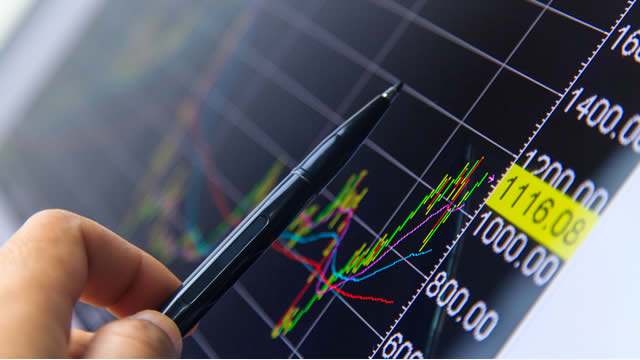If you’re searching for a reliable income stream from your investment portfolio, Ares Capital (ARCC -4.91%) is one stock that should be on your radar. With an enticing dividend yield of 9.5%, it’s hard to ignore.
However, Ares Capital hasn’t escaped the turbulence of the recent stock market fluctuations. Since the beginning of February, its stock has fallen nearly 16% from its peak. This recent dip could be an excellent buying opportunity for investors looking to boost their income. However, before you snap up shares, consider the following.
Ares Capital fills a hole left by banks
Ares Capital Corporation is a business development corporation (BDC) that provides financing to middle-market companies — those with earnings before interest, taxes, depreciation, and amortization (EBITDA) ranging from $10 million to $250 million.
BDCs like Ares Capital are appealing to investors seeking income due to their unique tax structure. Legally, these companies must distribute at least 90% of their taxable income to shareholders. This allows the company to avoid federal income taxes, which are passed through to investors. As a result, BDCs can offer high dividend yields that are very appealing for income-focused investors.
Ares Capital has an advantage because banks have retreated from providing loans to middle-market companies. Over the past several decades, the number of banks has fallen drastically due to consolidation. During that time, the four largest banks acquired 40 regional banks that previously serviced middle-market companies. Add in regulations due to the fallout of the Great Recession, and banks have focused on lending to larger companies whose debt is seen as less risky and more liquid.
How Ares Capital mitigates its risk
Lending to middle-market companies can be a double-edged sword. BDCs use leverage to boost shareholder returns, which can magnify losses during tough economic times. One way to measure this is the debt-to-equity ratio, which compares the company’s total liabilities to shareholder equity. Because BDCs rely heavily on external financing, it’s important for investors to consider how much leverage they are using.
The good news for Ares Capital investors is that its debt-to-equity ratio is quite low, at 0.96, and below the industry average of 1.05. In comparison, PennantPark Investment Corp., which boasts a higher dividend yield, has one of the highest debt-to-equity ratios of any BDC at 1.63.

Image source: Getty Images.
Ares Capital’s performance is also closely tied to economic conditions, which could impact the credit quality of its portfolio companies. For example, economic slowdowns could result in reduced consumer spending and tighter credit conditions. If its portfolio companies experience difficulties, they could have trouble repaying their loans, ultimately hurting Ares Capital’s bottom line.
For this reason, credit quality and portfolio diversification are important components of the company’s strategy. To mitigate some of these risks, 64% of Ares’ loan portfolio consists of first-lien or second-lien senior secured loans, positioning it as one of the first creditors in line to be paid during liquidation events. Not only that, but it has 550 companies in its portfolio, and its largest single investment is only 2% of its portfolio.
A long track record of success
Ares Capital is the largest BDC in the U.S. and has a 20-year lending history to middle-market companies. The company has extensive knowledge across key markets and regions and has invested $160 billion since its inception. With a total addressable market of $5.4 trillion and a longer-term shift to private capital lending, Ares continues to find ample opportunities.
Ares has a proven track record of success across different economic environments. Since its founding in 2004, the company has delivered excellent total returns (including reinvested dividends) of 12.3% annually. For investors in search of passive income, Ares Capital is an excellent high-yielding dividend stock to buy today.
Financial Market Newsflash
No financial news published today. Check back later.










